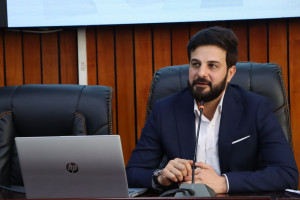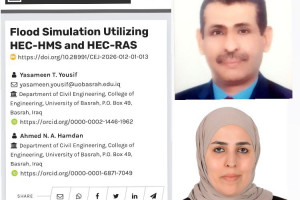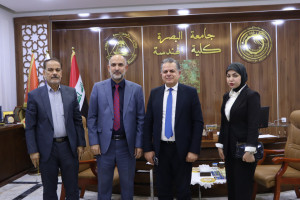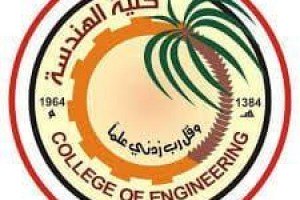
a doctoral thesis at the College of Engineering at the University of Basrah discussing (a practical and theoretical study of the stress corrosion cracking in welded pipelines joints)
The thesis presented by the student Salah Sabbar Muften dealt with a new method for stress corrosion cracking formulated using a mechanical model and an electrochemical model where the mechanical model deals with the effect of residual stresses in welding and the electrochemical model deals with the effect of corrosion processes while the combination of these two models gives the total effect of stress and corrosion on the emergence and growth Cracks in welded carbon steel pipes In addition, a model for calculating the distribution of residual welding stress was made using finite element technique using the ANSYS program
The model consists of two parts: thermal analysis followed by mechanical analysis, the practical side consists of six main parts, which include sample design and preparation, where samples are welded by shielded metal arc welding and residual stress measurement by means of stress measurement using perforation and preparation of the corrosive environment which is sea water (3.5) % NaCl) and assessing the stress-fracture corrosion, and finally measuring the corrosion rate. The thesis aims to study the corrosion of the fracture stress in a new way based on the method of finite elements.
The thesis concluded that the numerical and experimental results are reasonably agreed, but it can be observed that there are small differences, where the largest error rate was 16.6% for the erosion of the fracture stress.






